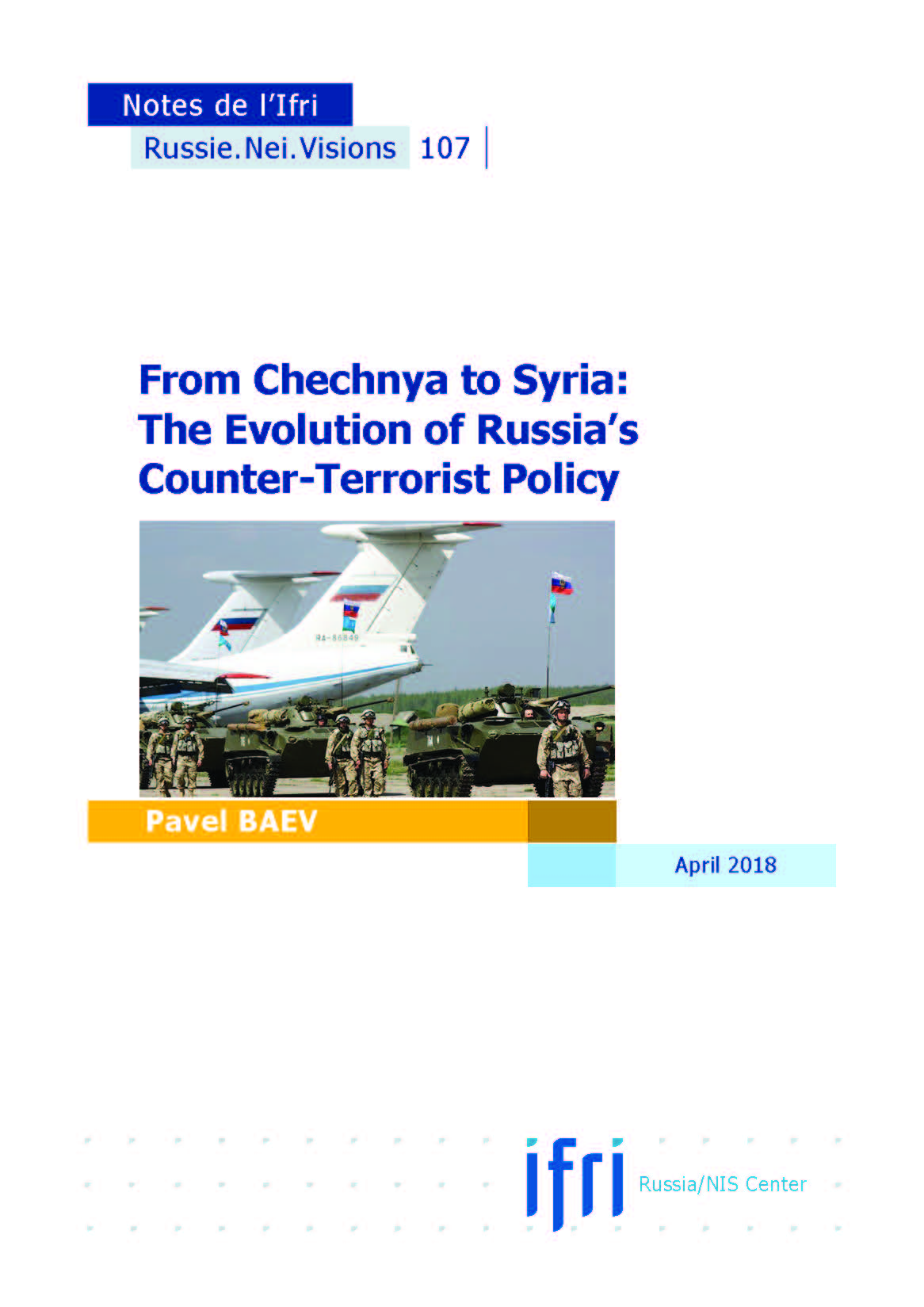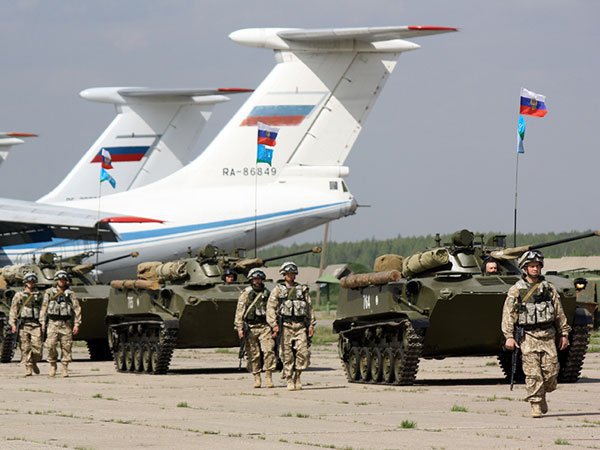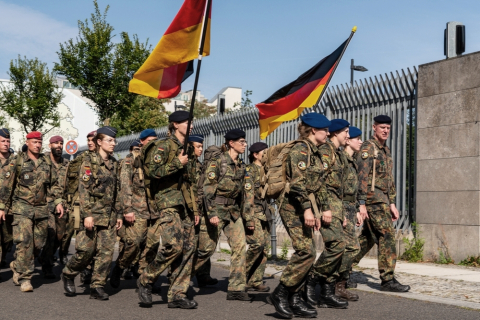From Chechnya to Syria: The Evolution of Russia’s Counter-Terrorist Policy

The struggle against terrorism is supposed to be one part of security policy in which Russia has every necessary capability and know-how, and its special services can draw on vast experience without encountering the legal and institutional constraints that often interfere with Western efforts.

Yet, instead of strength, counter-terrorism is a major weakness in the country’s still uncertain state-building. Relative stability in the North Caucasus is eroding, St Petersburg was shocked by its first terrorist attack on 3 April 2017, Western condemnation of Russia’s intervention in Syria has gained new momentum, and the expectations in the Kremlin for building cooperative counter-terrorist ties with the Trump administration have been disappointed. Russia is facing growing threats from both home-grown and international terrorism, and its counter-terrorist policy, instead of deterring these threats, generates more security challenges on the domestic front and new tensions in relations with the West, in particular with the EU.
Dr. Pavel K. Baev is a Research Professor at the Peace Research Institute, Oslo (PRIO). He is also a Senior Non-Resident Fellow at the Brookings Institution, Washington DC, and an Associate Research Fellow at Ifri, Paris.
Download the full analysis
This page contains only a summary of our work. If you would like to have access to all the information from our research on the subject, you can download the full version in PDF format.
From Chechnya to Syria: The Evolution of Russia’s Counter-Terrorist Policy
Related centers and programs
Discover our other research centers and programsFind out more
Discover all our analysesRussia, the Palestinians and Gaza: Adjustments after October 7th
The Soviet Union (USSR), and subsequently the Russian Federation as its internationally recognized legal successor, has consistently sought to play a visible role in efforts to resolve the Israeli-Palestinian conflict.
Deathonomics: The Social, Political, and Economic Costs of War in Russia
The report attempts to outline and examine a truly new phenomenon in Russian society, dubbed “deathonomics”—the making of a mercenary army against the backdrop of the Kremlin’s war in Ukraine, eventually replacing both the Soviet (conscript) and early new Russian (contract) armies. It notes that, by the end of 2023, this trend had turned the military service into one of the highest-paying professions in the country, something not seen in Russia on such a scale since the late 17th century.
Russia's Asia Strategy: Bolstering the Eagle's Eastern Wing
Among Russia’s strategic priorities, Asia traditionally played a secondary role compared to the West. In the mid-1990s, then Foreign Minister Yevgeny Primakov initiated a rapprochement with China and India. Then, in 2014, deteriorating relations between Russia and the West prompted Moscow to begin its “great pivot to the East”.
Kazakhstan After the Double Shock of 2022: Political, Economic and Military Consequences
The year 2022 represented a dual shock for Kazakhstan. In January, the country faced its most severe political crisis since independence, followed in February by Russia’s full-scale invasion of Ukraine, which cast uncertainty over the borders of post-Soviet states. These consecutive crises profoundly shaped Kazakhstan’s domestic and foreign policy.














